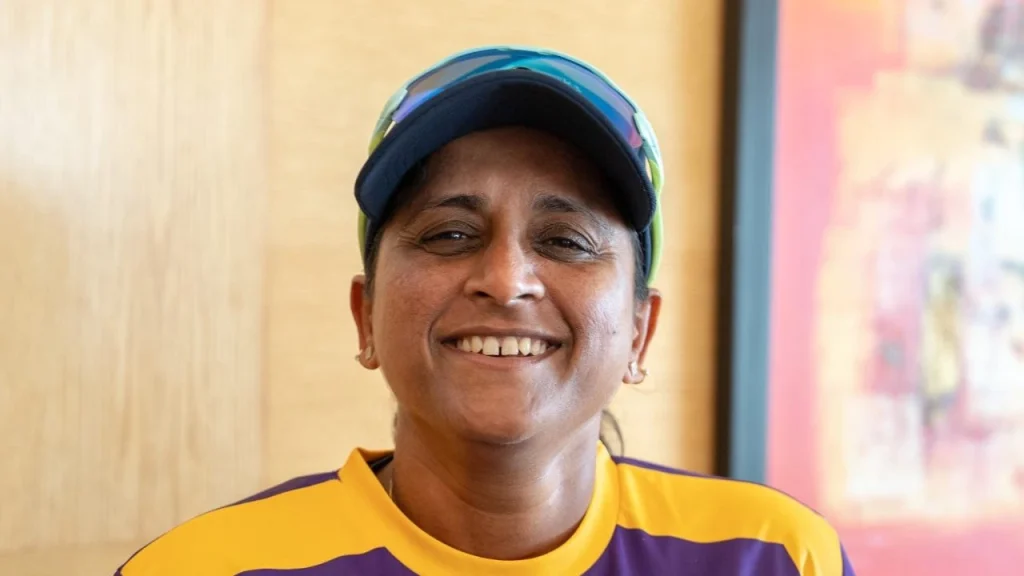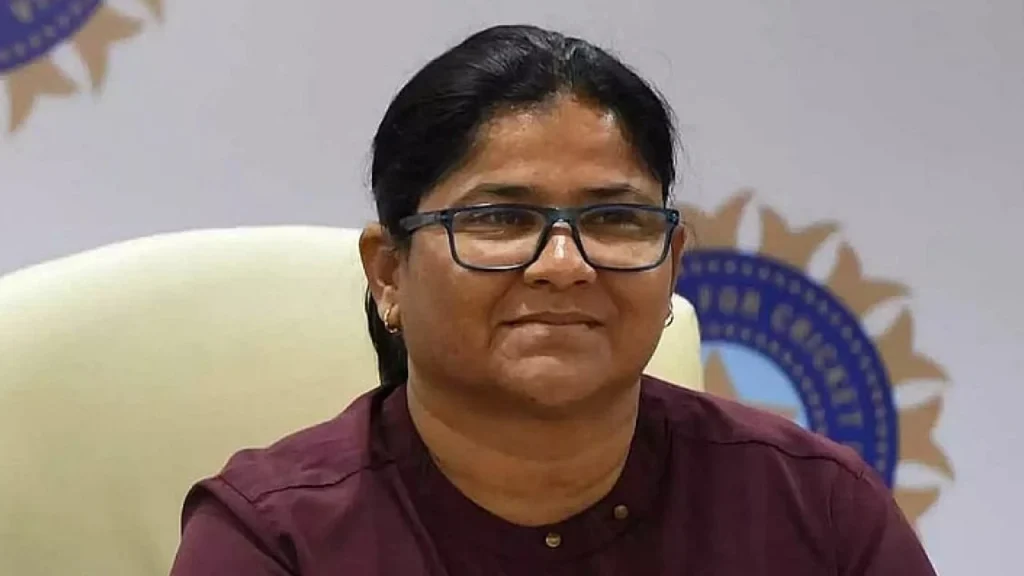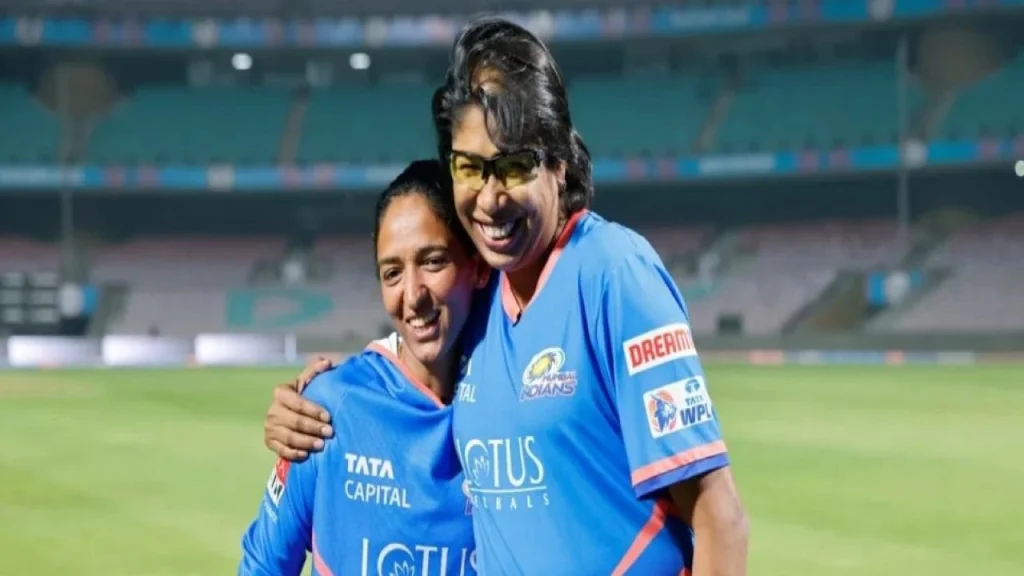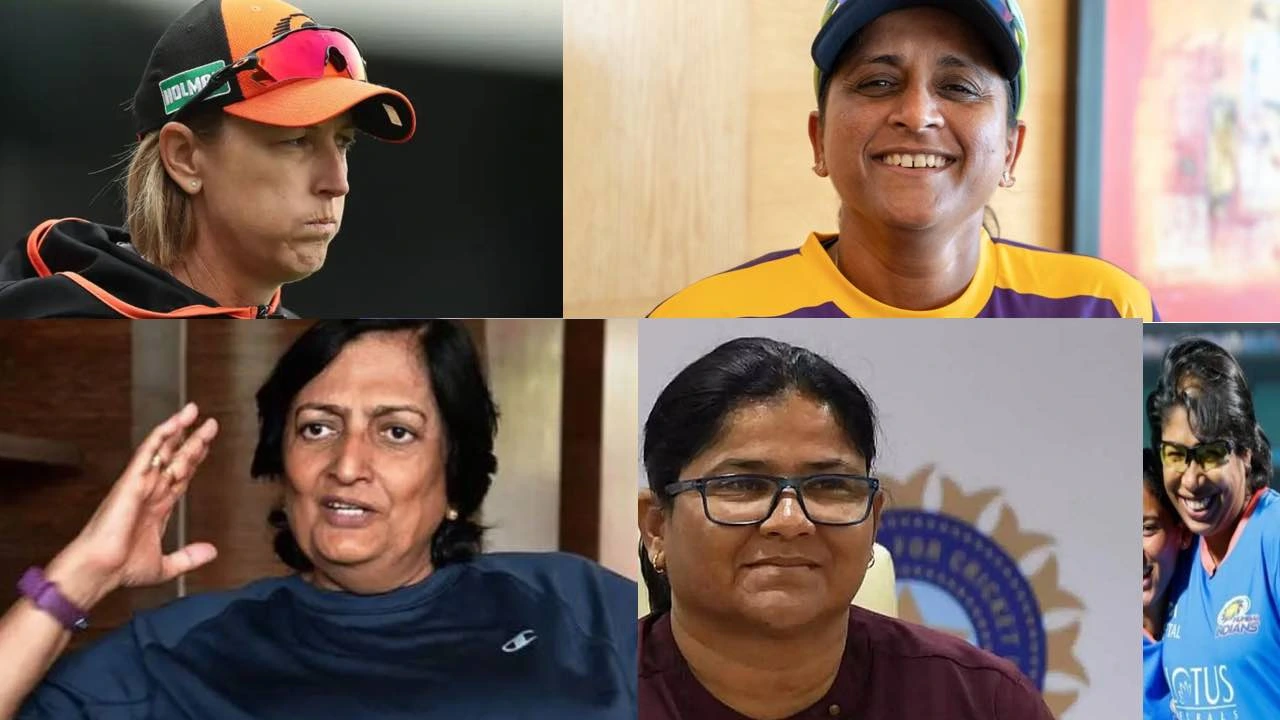The Women’s Premier League (WPL) is the newest addition to professional cricket. It has already made strides in promoting inclusivity and diversity. As the league evolves, it has become a platform for women cricketers. They can showcase their talents not only as players but also as coaches. Consequently, they are breaking down barriers and challenging traditional gender norms.
Lisa Keightley: Paving the Way for WPL Coaches
Lisa Keightley, a former Australian cricketer, has been a trailblazer in women’s cricket coaching. Although currently serving as an assistant coach for the Delhi Capitals in the WPL, her experience and expertise make her a prime candidate for a coaching role in the WPL. In 2021, Keightley’s appointment as the first female assistant coach in WPL history was groundbreaking. Her success in this role has inspired many aspiring female coaches.

Keightley’s experience as a player is invaluable. She represented Australia in over 80 international matches. Her coaching acumen and ability to connect with players have been instrumental in her teams’ success. As the WPL continues to grow, Keightley’s presence as a coach could be a game-changer. She could set the stage for more women to take up coaching roles within the league.
Anju Jain and Shantha Rangaswamy: Indian Pioneers Inspiring Future Coaches

The WPL has already seen a surge of Indian women cricketers taking up coaching roles. Anju Jain, a former Indian cricketer and current fielding coach for the UP Warriorz in the WPL, has been a pioneer. In 2022, Jain became the first Indian woman to hold a coaching position in the IPL. Her expertise in the field and her ability to motivate players have been crucial in improving the team’s fielding standards.

Similarly, Shantha Rangaswamy, another former Indian cricketer, has made an impact as a batting consultant for the Royal Challengers Bangalore in the IPL. Her vast experience and understanding of the game have been invaluable assets. She works closely with the batsmen to refine their techniques and develop effective strategies. Her success in the IPL paves the way for her potential transition into a coaching role in the WPL. There, she could continue to share her knowledge and expertise with the next generation of women cricketers.
Hemalata Kala and Jhulan Goswami: Trailblazers in Bowling and Assistant Coaching

Furthermore, Hemalata Kala, a former Indian cricketer and current assistant coach for the Delhi Capitals in the IPL, is another notable figure in female coaching. In 2022, her appointment further diversified the coaching staff at the Delhi Capitals. Her expertise has been instrumental in helping the team maintain its competitive edge. Her success in the IPL could pave the way for her transition into a coaching role within the WPL. There, she could continue to contribute her expertise and help shape the future of women’s cricket.

Additionally, the WPL has witnessed the emergence of female bowling coaches. Jhulan Goswami, a former Indian cricketer and one of the most successful fast bowlers in women’s cricket, has taken on the role of bowling consultant for the Punjab Kings in the IPL. In 2022, her appointment marked another milestone. She became the first female bowling coach in the IPL. Her vast experience and deep understanding of fast bowling have been invaluable assets for the Punjab Kings. Her ability to mentor and guide the team’s fast bowlers has been crucial in helping them develop their skills and adapt to the demanding nature of the IPL.
Paving the Way for Future Generations
the presence of these pioneering women coaches in the IPL and their potential transition into coaching roles in the WPL is a testament to their talent and dedication. Moreover, it is a powerful statement about the evolving landscape of cricket. Their success in these roles is inspiring a new generation of female cricketers to pursue coaching careers. They are breaking down barriers and challenging traditional gender norms.
As more women take up coaching roles in the WPL, they are paving the way for future generations. Their guidance and mentorship will be crucial. They will nurture the next generation of talented cricketers, both male and female. Their efforts will ensure a more inclusive and diverse coaching landscape in the years to come.
Conclusion
The WPL is not only a platform for showcasing the talents of women cricketers as players but also as coaches. The presence of pioneers like Lisa Keightley, Anju Jain, Shantha Rangaswamy, Hemalata Kala, and Jhulan Goswami in the coaching roles within the IPL has set the stage for the WPL to follow suit. As the league continues to evolve, the influence of these female coaches will only grow stronger. They will shape the trajectory of women’s cricket and leave an indelible mark on the sport. Their presence in the dugout serves as a powerful statement about the evolving landscape of cricket. Their success will pave the way for future generations of women coaches to thrive in the WPL and beyond.

